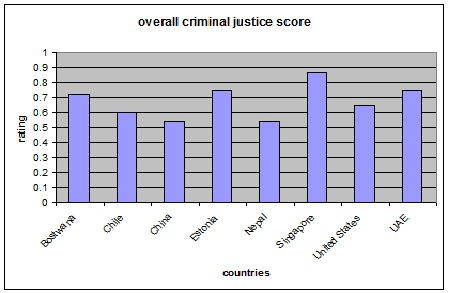The Attorneys Bathan & Associates Legislation Firm
 Pro bono attorneys offer free authorized services to people or charitable organizations. The QLTS College is dedicated to helping worldwide legal professionals turn into English solicitors. Our web site has information for each stage of the method, from what you could do to be eligible for the QLTS to applying for the course. There is recommendation about careers, the advantages of practising English regulation, and steerage for every step of the course.
Pro bono attorneys offer free authorized services to people or charitable organizations. The QLTS College is dedicated to helping worldwide legal professionals turn into English solicitors. Our web site has information for each stage of the method, from what you could do to be eligible for the QLTS to applying for the course. There is recommendation about careers, the advantages of practising English regulation, and steerage for every step of the course.
Mr. Larkin is a California licensed lawyer providing companies all through San Diego, Orange, Riverside and San Bernardino Counties. A 1998 graduate of California State University, San Bernardino, Mr. Larkin earned his Juris Doctorate from Thomas Jefferson College of Legislation in 2002. Since that time, Mr. Larkin has centered exclusively on chapter and insolvency related matters, and has authored dozens of articles concerning bankruptcy and other debt options.
Authorized assist applications help guarantee equity in the justice system. …
Continue Reading Paralegal or Legal Assistant is an exciting occupation in the Felony Justice area. Punishment (in the form of prison time) might serve quite a lot of functions. First, and most obviously, the incarceration of criminals removes them from the final population and inhibits their skill to perpetrate further crimes. A brand new aim of jail punishments is to supply criminals an opportunity to be rehabilitated. Many fashionable prisons supply education or job coaching to prisoners as a chance to study a vocation and thereby earn a reputable residing when they are returned to society. Religious institutions even have a presence in lots of prisons, with the goal of educating ethics and instilling a sense of morality in the prisoners. If a prisoner is launched earlier than his time is served, he is launched as a parole. Which means they are launched, however the restrictions are higher than that of somebody …
Paralegal or Legal Assistant is an exciting occupation in the Felony Justice area. Punishment (in the form of prison time) might serve quite a lot of functions. First, and most obviously, the incarceration of criminals removes them from the final population and inhibits their skill to perpetrate further crimes. A brand new aim of jail punishments is to supply criminals an opportunity to be rehabilitated. Many fashionable prisons supply education or job coaching to prisoners as a chance to study a vocation and thereby earn a reputable residing when they are returned to society. Religious institutions even have a presence in lots of prisons, with the goal of educating ethics and instilling a sense of morality in the prisoners. If a prisoner is launched earlier than his time is served, he is launched as a parole. Which means they are launched, however the restrictions are higher than that of somebody …